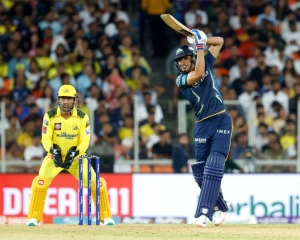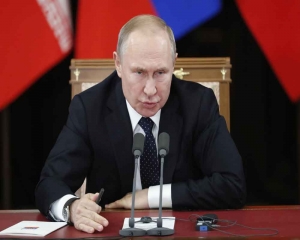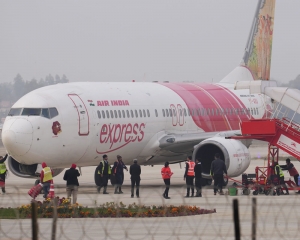Strong Government policy on poverty, inequality and gender equality can help us become an economic superpower
India ahead of the 75th year of Independence could not have asked for a better gift than going past the UK to become the fifth largest economy ahead of its erstwhile colonial masters. The Bloomberg report, which informed us about this fact, is based on International Monetary Fund (IMF) data. It further predicted that the Indian economy is poised to become world’s third largest economy by 2029.
This distinctive milestone was in fact highlighted way back in December 2021 in a report by the State Bank of India (SBI) where it mentioned that the share of India’s GDP grew from 2.6 per cent in 2014 to 3.5 per cent and would further hit 4 per cent by 2029.
The British economy slid to the 6th position globally, which was seen by many economic experts as unavoidable due to spiraling inflation, food prices and cost of living. Even though the nation boasts of relatively high levels of per capita income, evidently this was not enough to prevent the economy from slowing down.
Needless to say these state of affairs pose a grim
challenge for the yet to be elected new leader who will have her hands full upon taking charge. The state of affairs of Great Britain must serve as a lesson for India to avoid the pitfalls encountered during the growth trajectory of the economy, especially in the aftermath of a debilitating phase thrown up by the pandemic.
As a first priority India must regain the pre-pandemic economic stability levels coupled with high speed growth rate. However, given the current geopolitical conditions due to the ongoing Russian-Ukrainian conflict and volatile crude prices, bringing about desired economic growth can prove to be a tough prospect. While India’s strategy to source cheaper oil from Russia may mitigate some of the crude price hike but a prolonged period of high crude prices is likely to upset the budgetary calculations of the government and besides encroaching into the purchasing power of the common people.
So in the short run, India may manage the spiking levels of inflation but in the longer term there is an urgent need to rein in inflation. But other challenges facing India are also quite serious. The foremost is the problem of low per capita income and in-equal distribution of wealth which in turn is the cause for chronic poverty.
According to an Oxfam report, just one per cent of the population possess 58 per cent of India’s wealth, also 57 billionaires have the same amount of wealth as the bottom 70 per cent of India’s population. These unbelievable conditions not only cause a drop in standard of living but also form bottlenecks in the seamless development of the economy. Another major problem facing the economy is the heavy dependence on agriculture. With nearly 45 per cent of the working population relying on the agriculture sector, the contribution of the sector is only 17 per cent to the national income. This shows the low productivity yield per person in the sector which in turn points towards the systemic and technological shortcomings in the sector.
Given such cardinal challenges facing the economy, the government must immediately put in place measures to address these challenges. Non-agricultural employment must be increased immediately to reduce dependence on agriculture. Similarly, technology must be infused on a large scale in agriculture in order to increase per acre yield and improve the sector’s contribution to national income, besides improving food security conditions. Sufficient produce will also mean better prices for food products in the nation.
Yet another challenge the economy faces is the mounting pressure of
population. India has 382 persons per sq.km population density as compared to average global density of 41 persons per sq.km. This tremendous population pressure means that the economy has to bend over backwards to feed this ever growing population.
India must also urgently address the problems emanating out of poor or inadequate infrastructure. Many developed nations have heavily invested in infrastructure in order to score excellent economic growth figures. World class infrastructure will take the stress away from crucial sectors such as power generation and transportation and ensure a proper sectoral development of the economy. India’s economy has strong underlying economic fundamentals and despite the turbulence due to external factors the nation can cope well and deliver good results, however it is the chronic presence of plentiful internal challenges that can prove to be undoing for India.
Strong government policy on poverty, inequality and gender equality can go a long way in helping achieve our dream of becoming an economic superpower.
(The author is an associate professor at Amity University)

























